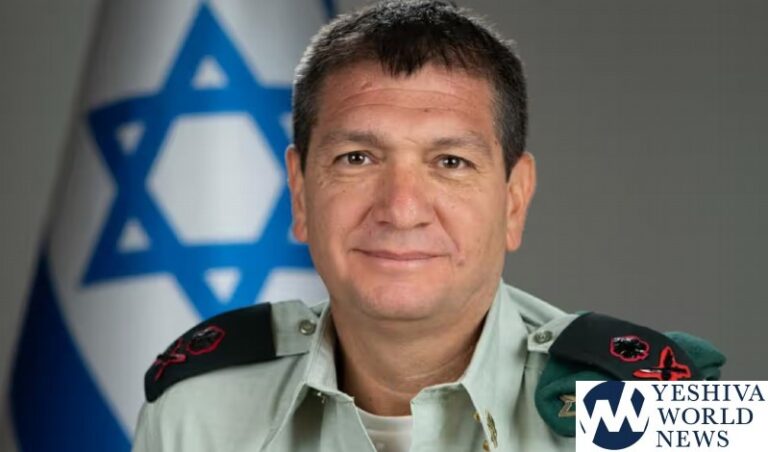 Rishon L’Tzion Rabbi Yitzchak Yosef Shlita spoke about rabbonim who attend weddings in the capacity of mesader keddushin or just to say Mazel Tov. He is not referring to rabbonim who are acquainted with the family or related to the baal simcha but rabbonim acting in an official capacity only.
Rishon L’Tzion Rabbi Yitzchak Yosef Shlita spoke about rabbonim who attend weddings in the capacity of mesader keddushin or just to say Mazel Tov. He is not referring to rabbonim who are acquainted with the family or related to the baal simcha but rabbonim acting in an official capacity only.
He feels those who remain at a chasenah and partake in the courses of the seuda and prolong their stay are making a Chilul Hashem while rabbonim who perform their duties and wish the families mazel tov and leave are acting appropriately, as clearly “They love to learn” rather than hanging around. He explains “This is how Maran acted, doing what he had to and leaving” in his reference to HaGaon HaRav Ovadia Yosef ZT”L.
The rav made his remarks during a shiur given in Yeshivat Yechavei Daas, filling in for his brother HaGaon HaRav David Yosef Shlita.
“אדם לא יאכל סעודה עם עמי ארצות, גם לא יאכל סעודה אחת עם בעלי בתים, קצת תשמור על הכבוד שלך. אתה בא? מזל טוב, תעשה ‘לחיים’ ותברח. מה, אין לך מה לאכול בבית? מה אתה עני? אתה בא לחפש איפה לאכול? האולם הזה, האולם השני”.
He instructs rabbonim not to partake in a seuda with “am haratzim and baalei batim” but to preserve one’s kovod by acting appropriately.
Rabbi Yosef explains even if invited to remain for the seuda one should eat a minimum of a course and wish them mazel tov and leave, not to prolong one’s presence as rabbonim should not have time to linger in such environments.
(YWN – Israel Desk, Jerusalem)






4 Responses
Did the Rav really say that rabbonim who are mesader kadushim should not linger after the ceremony to partake in a seuda with “am haratzim and baalei batim”. Really?? Yidden attending a sedudas mitzvah and engaging in the mitzvah of mesameach choson v’kalah are a bunch of am haratzim and baalei batim whose presence demean the “kovod” of the Rav. Hopefully, he was either misquoted or didn’t realize how his words would appear in print.
I did not hear the shiur but the quote is very explicit. I guess Gadolhadorah does not understand the type of wedding the Rav Shlita was referring to. Among his eida it is quite common for non religious weddings to be accompanied by loud discotheque style noise very removed from anything that could be remotely described as “betaamt”. Add to this the whirring multi colored spot lights and the women in untzniusdik beach attire without any head covering and you get the picture. Rav Yosef was not talking about simchas where the Rav knows the families but weddings where he is there as a functionary employed by the local Rabbanut and sent to ensure that the halochas of a sidur kiddushin are adhered to. Very often at such weddings the parties will ask, even press, the Rav to stay as they think this gives some sort of hechsher to the affair. In reality his presence is just an embarrassment to everyone and Rav Yosef is quite right, he adds to kovod shomayim by performing his task in a pleasant and outgoing way and then leaving. Like his father zt”l, he says it as it is and does not mince his words to appeal to internet bloggers.
This is what happens when you have civil service rabbanim, thereby transform a position on honor and kedushah to one of being a government bureaucrat. When the typical Israei gets married the “rabbi” is just a clerk from a government office no different than the clerks handng out marriage licenses in Borough Hall in downtown Brooklyn. Kedushah isn’t involved in the job, and staying for the seudah may be considered something of a bribe – since the “rav” is on salary from the government.
A Kuperman; You give the impression that you disapprove of the system. Are you advocating civil marriages and the resultant halachic disasters?